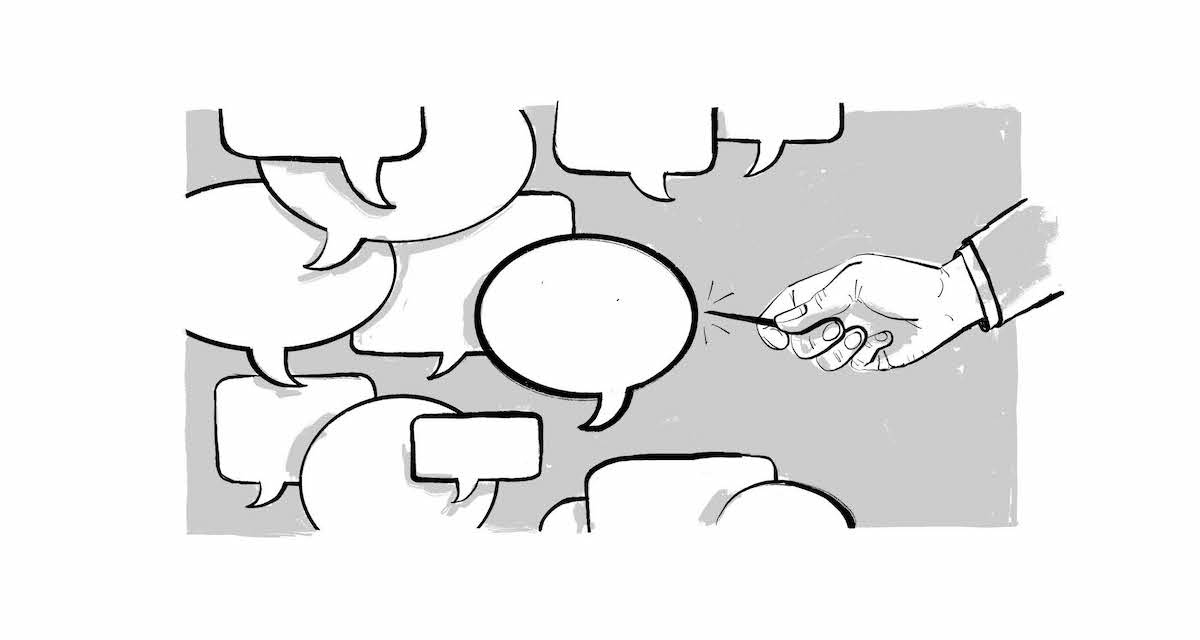Jamie Hood on the rehabilitation of rape culture
Our next preview from Issue Fifteen
Yesterday, the New York Times editorial board published a painstakingly circumlocutory non-endorsement “advice” column addressed to voters in New York City’s Democratic mayoral primary. The board did not explicitly instruct readers to vote for former governor Andrew Cuomo in spite of what it (correctly) called the “disturbing, credible” allegations of sexual harassment made against him. But it did encourage New Yorkers to omit Cuomo’s chief rival, the democratic socialist state legislator Zohran Mamdani, from their rankings and cautioned against the temptation to refuse to rank both men. If the board is right that “the thing that matters most on a ballot will be the relative positions of those two candidates,” then the column effectively amounts to an endorsement of Cuomo.
That the board considered the harassment allegations against the former governor to be reason enough for his resignation in 2021 but not disqualifying in 2025 is a potent reminder of how much ground the movement against sexual violence has lost since its #MeToo-era peak. In a new piece that will appear in our upcoming print issue, Jamie Hood examines the backlash we’ve seen accelerating in recent years — and its tragic consequences. Read the full Dispatch online today.
Also, today is the last day to subscribe to receive a print copy of Issue Fifteen in your mailbox. If you’re already a subscriber (thank you!) but have moved, please make any necessary updates to your address today by clicking “Manage billing” on your Account page to ensure The Drift reaches you at the right place.
Anti-Anti Rape | On the #MeToo Backlash
JAMIE HOOD
We live now in an age of conspiracism and insincerity: two bedrocks of the paranoiac ecosystem that anointed Trump, and that he’s spent ten years reconsolidating. These ways of seeing are profoundly antithetical to disclosures of vulnerability about intimate violence.




